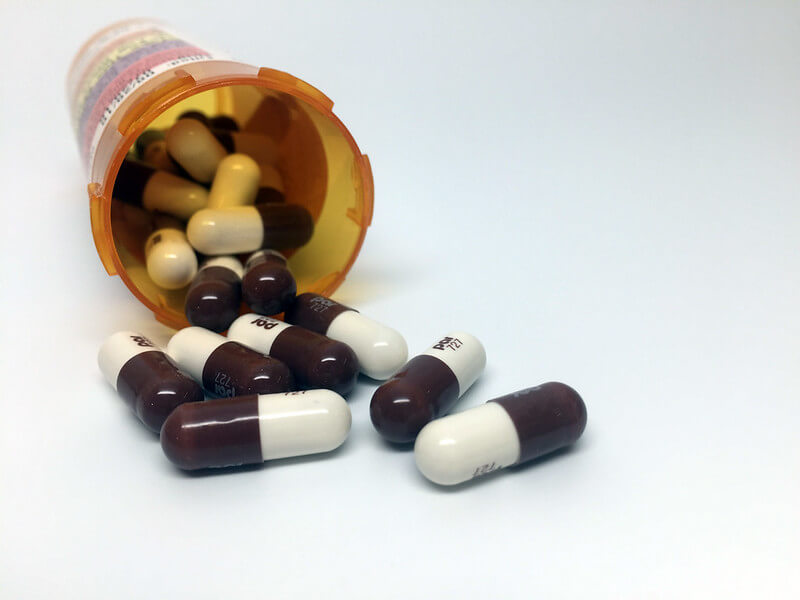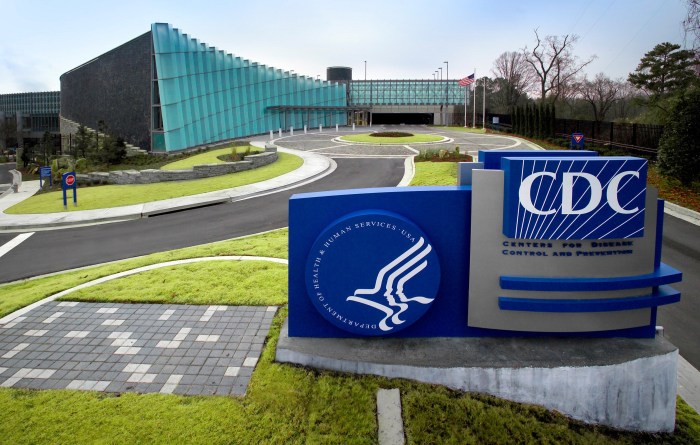Research published last month indicates that the antibiotic doxycycline could help prevent syphilis, gonorrhea, and chlamydia among men who have sex with men and transgender women.
Preliminary research had already suggested that doxycycline, also known as doxy-PEP, could be effective in the prevention of bacterial sexually transmitted infections (STI) among men who have sex with men. But according to the federal National Institutes of Health (NIH), which funded the study, researchers embarked on a new campaign to explore that further and to examine whether antibiotic resistance could be an issue if the antibiotic is used for the purpose of prevention.
The research, which was published in the New England Journal of Medicine, was led by the University of California, San Francisco (UCSF) and the University of Washington, Seattle. There were 501 participants consisting exclusively of men who have sex with men and transgender women who were diagnosed with a bacterial STI in the last 12 months and reported having condomless sex during that timeframe. Some were living with HIV, while others were taking or planning to to take HIV prevention medication known as PrEP.
The participants were split into two groups — some received standard care and the others received doxycycline — and those who took the doxycycline were told to take it within 72 hours of having sex without using a condom.
Participants were tested every three months and tracked for one year. At every three-month interval, the results showed that those who took doxy-PEP reported a two-thirds lower incidence of syphilis, gonorrhea, and chlamydia cases as the standard care group, according to the NIH. Ten percent of quarterly tests among those who were in the doxy-PEP group were positive for STIs versus 30% within the standard care group.
Doxy-PEP yielded different results for different STIs. Researchers said gonorrhea was the most common STI diagnosed among participants. Those who took doxy-PEP had a 55% lower incidence rate of gonorrhea compared to 80% for chlamydia and syphilis.
The study coincides with a rise in STIs in the United States, which saw 2.5 million cases of syphilis, gonorrhea, and chlamydia in 2021, according to the Centers for Disease Control and Prevention (CDC) — an increase from 2.4 million in 2020. The four-year window between 2017 and 2021 saw a 74% increase in syphilis cases and 28% increase in gonorrhea cases in the United States, though that same timeframe also yielded a 3.8% decrease in chlamydia.
“Effective methods for preventing sexually transmitted infections are badly needed,” Dr. Hugh Auchincloss, NIAID acting director, said in a written statement. “This is an encouraging finding that could help reduce the number of sexually transmitted infections in populations most at-risk.”
On the question of antibiotic resistance, those in the doxy-PEP group had more doxycycline-resistant Staphylococcus aureus in their nose after a year, the NIH said. The incidence of strains of gonorrhea that were resistance to doxycycline was 38.5% in the doxy-PEP group and 12.5% in the standard care group.
“It will be important to monitor the impact of doxy-PEP on antimicrobial resistance patterns over time, and weigh this against the demonstrated benefit of reduced STIs and associated decreased antibiotic use for STI treatment in men at elevated risk for recurrent STIs,” Dr. Annie Luetkemeyer of UCSF, a co-leader of the study, said in a written statement. “Given its demonstrated efficacy in several trials, doxy-PEP should be considered as part of a sexual health package for men who have sex with men and trans women if they have an increased risk of STIs.”
The NIH previously completed a more limited study in 2015 and 2016 — also involving men who have sex with men — which also showed that doxycycline was associated with decreased rates of chlamydia, and gonorrhea. According to the New York Times, researchers also reported that a vaccine for meningitis reduced cases of gonorrhea in half in one study.
In October of last year, the San Francisco Department of Public Health rolled out guidance on using doxy-PEP to prevent chlamydia, gonorrhea, and syphilis. The department specified that the guidance was generally for cis men and trans women who have had a bacterial STI infection in the last year and had condomless anal or oral sex with at least one cis male or trans woman in the last year. However, it also recommended doxy-PEP for anyone with a history of syphilis.
Researchers said further studies are needed to explore doxy-PEP among cisgender women with HIV and those taking PrEP.



































